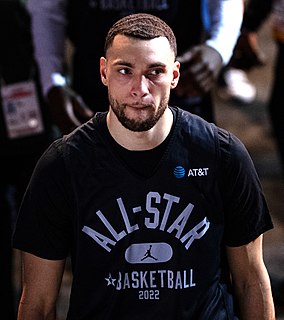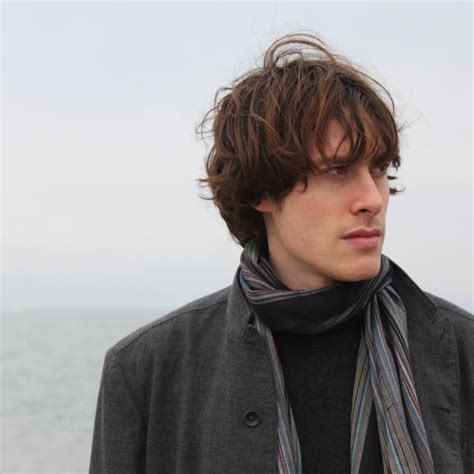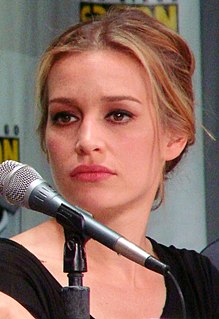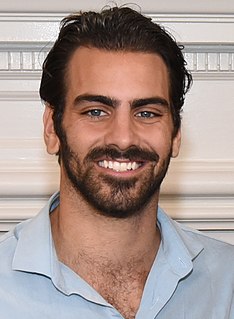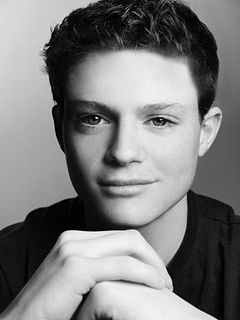A Quote by Oliver Sacks
I had never thought about what it might mean to be deaf, to be deprived of language, or to have a remarkable language (and community and culture) of one’s own. Up to this point, I had mostly thought and written about the problems of individuals–here I was to encounter an entire community.
Related Quotes
If a novel is written in a certain language with certain characters from a particular community and the story is very good or illuminating, then that work is translated into the language of another community - then they begin to see through their language that the problems described there are the same as the problems they are having. They can identify with characters from another language group.
The best books, they don’t talk about things you never thought about before. They talk about things you’d always thought about, but you didn’t think anyone else had thought about. You read them, and suddenly you’re a little bit less alone in the world. You’re part of this cosmic community of people who’ve thought about this thing, whatever it happens to be.
The intelligence community is governed by the same legal and ethical standards as the rest of American government and society, but an operational imperative is here, too. An intelligence community charged with global responsibilities cannot be successful without diversity of thought, culture and language.
One of the facets of growing up the way I did, I never had the experience of being solely in the black community. Even my family, my mother is what they call Creole, so she's part French, part black, and grew up in Louisiana. It's a very specific kind of blackness that is different than what is traditionally thought of as the black community and black culture. So, I never felt a part of whatever that was.
The intellectual tradition of the West is very individualistic. It's not community-based. The intellectual is often thought of as a person who is alone and cut off from the world. So I have had to practice being willing to leave the space of my study to be in community, to work in community, and to be changed by community.
I've always thought that "punk" wasn't really a genre. My band started in Olympia where K Records was and K Records put out music that didn't sound super loud and aggressive. And yet they were punk because they were creating culture in their own community instead of taking their cue from MTV about what was real music and what was cool. It wasn't about a certain fashion. It was about your ideology, it was about creating a community and doing it on your own and not having to rely on, kinda, "The Man" to brand you and say that you were okay.
There's this overly friendly sense of community built up by very isolated people, and there's this Lutheran humbleness that keeps people from talking about their own feelings and asking about yours. What does that do in this modern age where everyone takes pictures of their food, and they share every thought they've ever had in real time?

